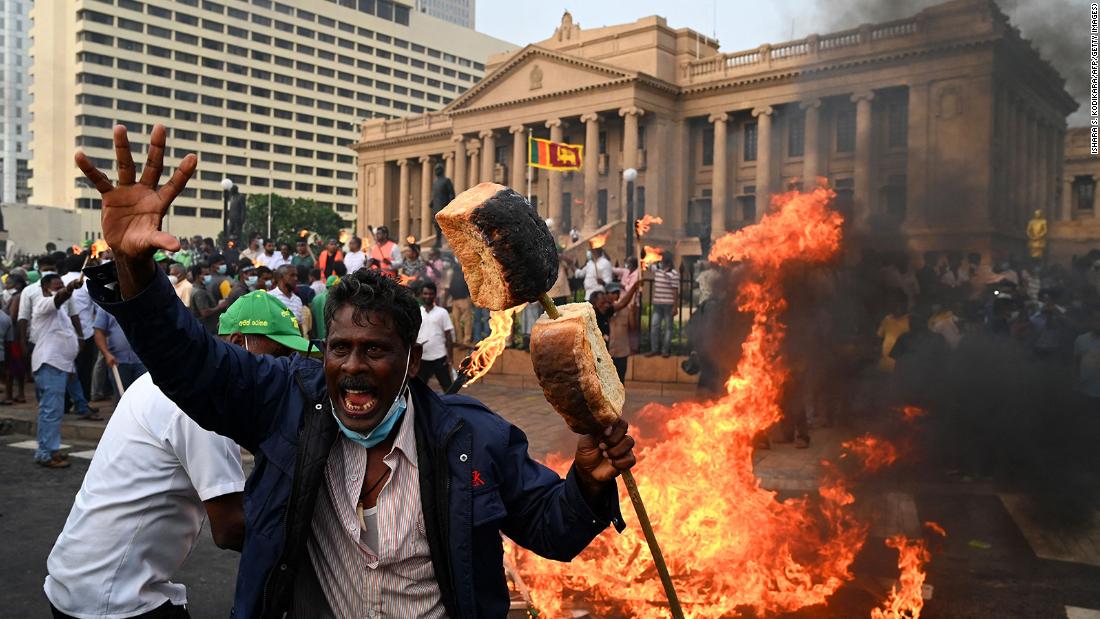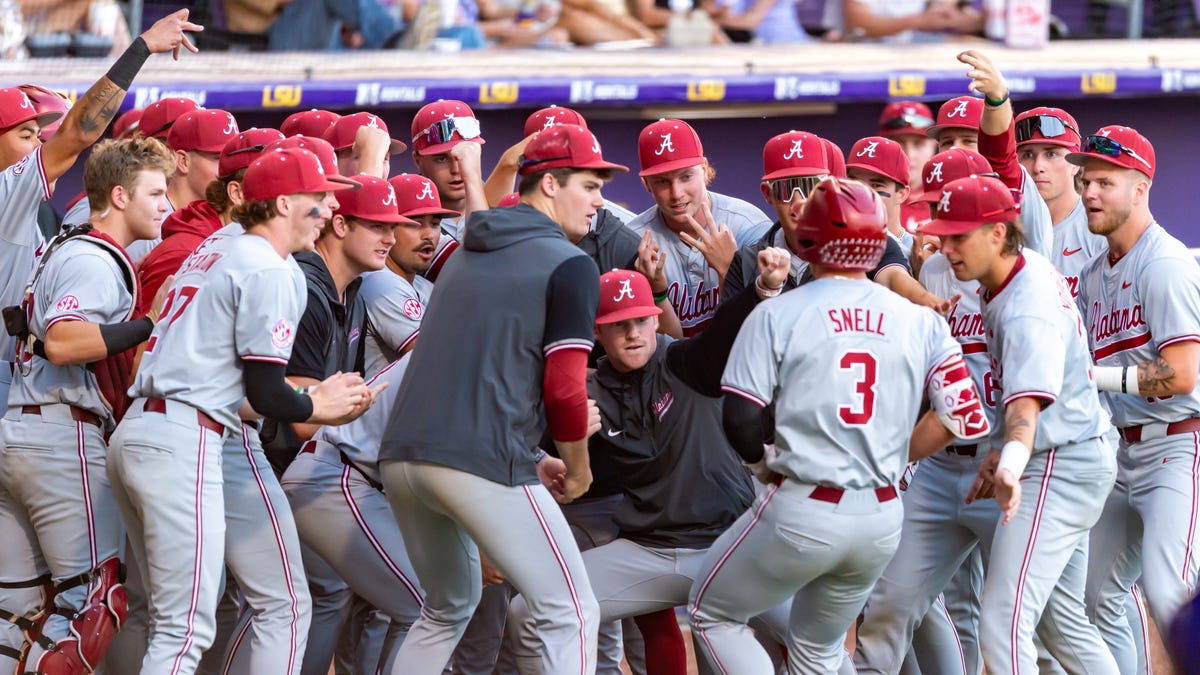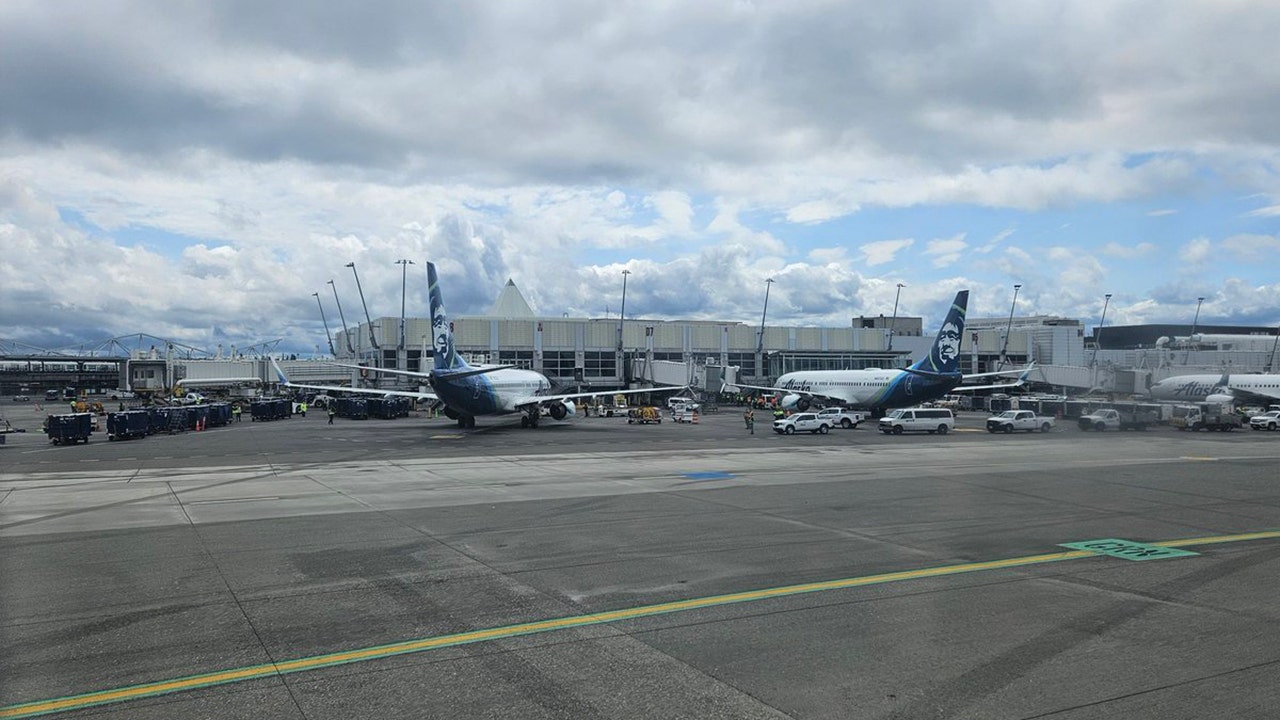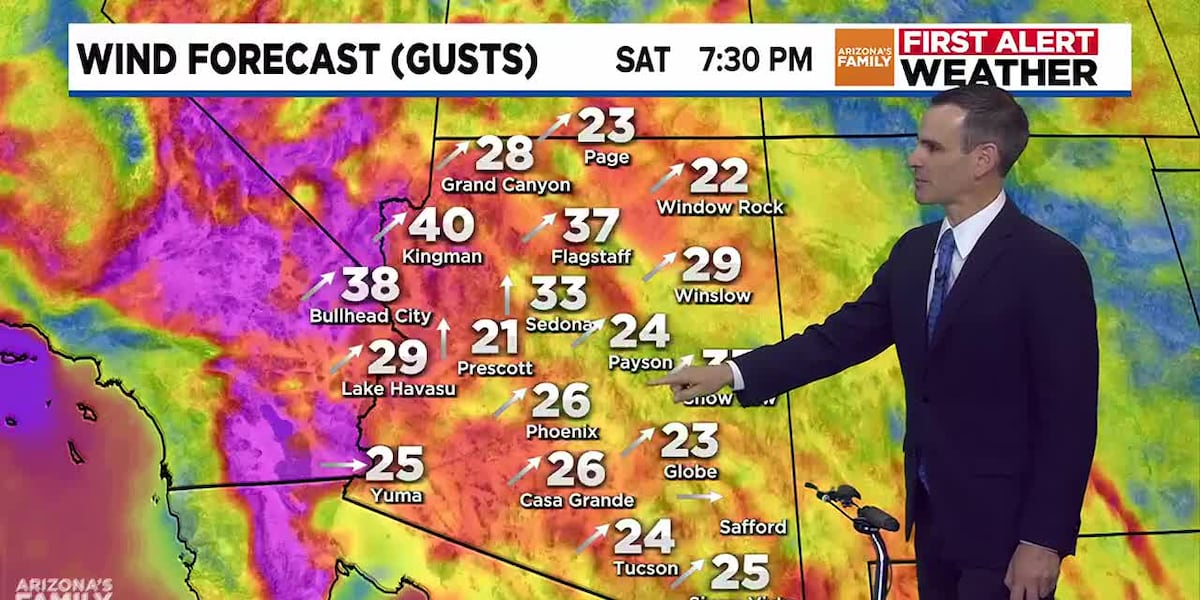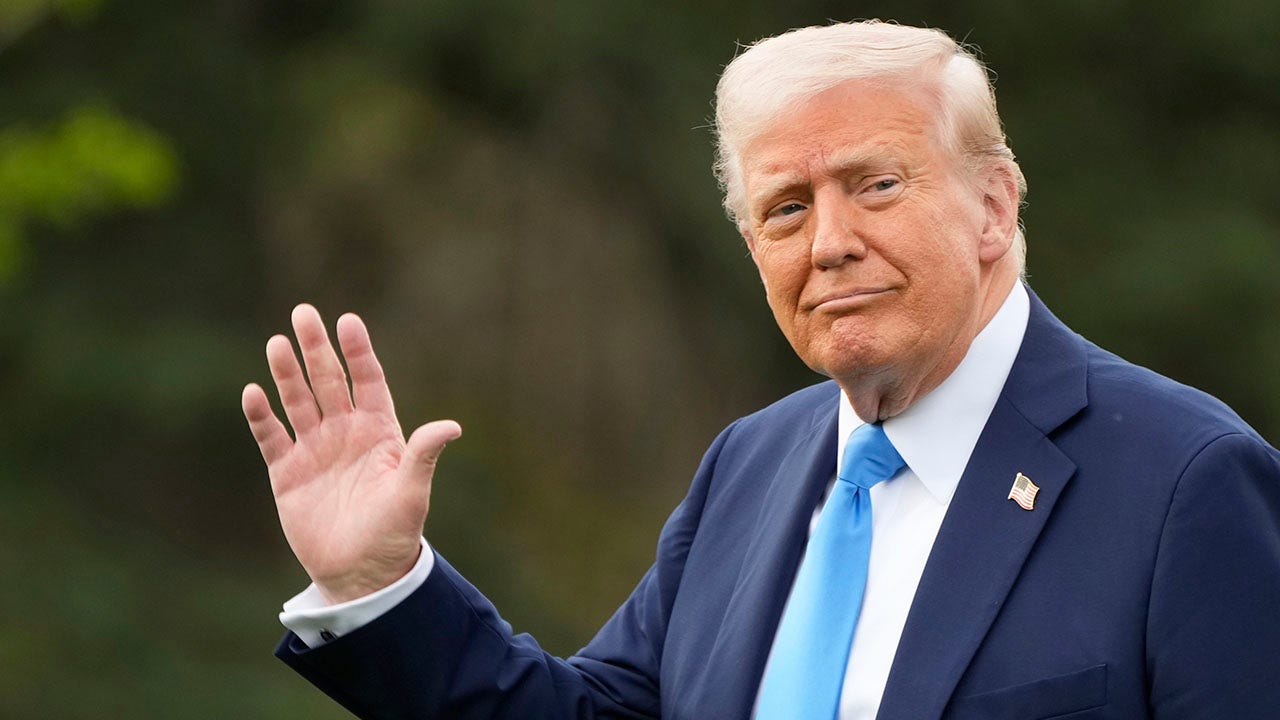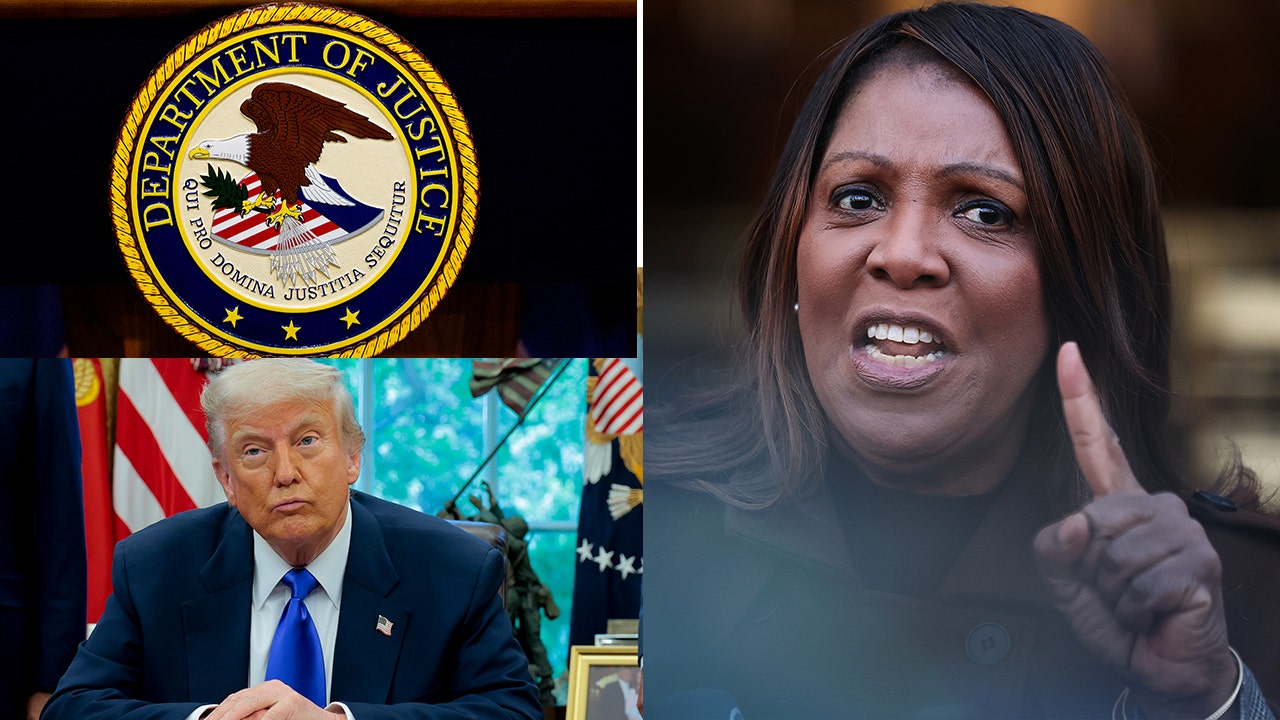Israel said on Saturday that it was expanding a new ground offensive in Gaza, with troops closing in on the enclave after days of air strikes that have killed hundreds of Palestinians.
Defence minister Israel Katz said the renewed fighting was forcing Hamas to soften its stance in talks being held in Qatar to secure the release of the remaining hostages being held in captivity in Gaza — part of an Israeli strategy of “negotiations under fire”.
A Hamas official told Reuters that a new round of talks was under way on Saturday.
Palestinians fear the new offensive is the precursor to a plan approved on May 5 by Israel’s security cabinet, under which most of the besieged enclave would be occupied by the Israeli military and 2.1mn Palestinians would be forced into a small area by the border with Egypt.
“The Palestinian cause is navigating one of its gravest and most perilous junctures,” Egypt’s President Abdel Fattah al-Sisi told an Arab League summit. Israel is engaged in a “deliberate endeavour to forcibly displace [Gaza’s] inhabitants under untold horrors of war”, he said.
Egypt fears an exodus of Palestinians into its territory. NBC News reported that the US is negotiating with Libya to take in as many as 1mn Palestinian refugees.
At least 250 Palestinians have been killed in the last two days, health officials in Gaza said, with hundreds more wounded.
Israel has blocked any food, medicine or fresh water from entering Gaza for the last two and half months, pushing hundreds of thousands of Palestinians into starvation, a UN panel said earlier this week.
The full extent of the offensive was unclear on Saturday. Residents reported machine gun fire in parts of Gaza and Israeli media said tanks had been massed on the border. Israeli warplanes dropped flyers over some parts of Gaza with a reference to the biblical story about Moses parting the sea.
“The Israeli army is coming,” the flyer, shared widely on social media, said.
Israel stepped up the intensity of its air strikes earlier this week as US President Donald Trump wrapped up his Gulf tour.
Israeli officials had earlier referred to his trip as a “window of opportunity” to broker a swap of Israeli hostages for Palestinian prisoners that would be acceptable to Prime Minister Benjamin Netanyahu and his far-right allies.
In the event, Trump only negotiated the release of a single Israeli soldier, who is also an American national.
An estimated 20 hostages and the bodies of as many as 38 more are still being held by Hamas, which has refused to release them without a complete ceasefire and the full withdrawal of Israeli forces.
Katz said Hamas’s return to negotiations was evidence that neither a ceasefire nor the resumption of humanitarian assistance to Gaza was necessary for negotiations to succeed.
UN Secretary-General António Guterres warned that Israel’s siege was “beyond description, beyond atrocious and beyond inhumane”.
“A policy of siege & starvation makes a mockery of international law,” he said on X.
His remarks came days after UN Under-Secretary General for Humanitarian Affairs Tom Fletcher warned of a looming “genocide” in Gaza — the first time a senior UN official has publicly used such language.
Israel rejects Fletcher’s characterisation. It says it has blocked the aid to prevent it from being stolen by Hamas.
More than 53,000 Palestinians have been killed since the war began, most of them women and children, according to local health officials.
At least 1,200 people were killed in Israel in Hamas’s cross-border attack on October 7 2023 and 250 taken hostage, according to Israeli officials.

